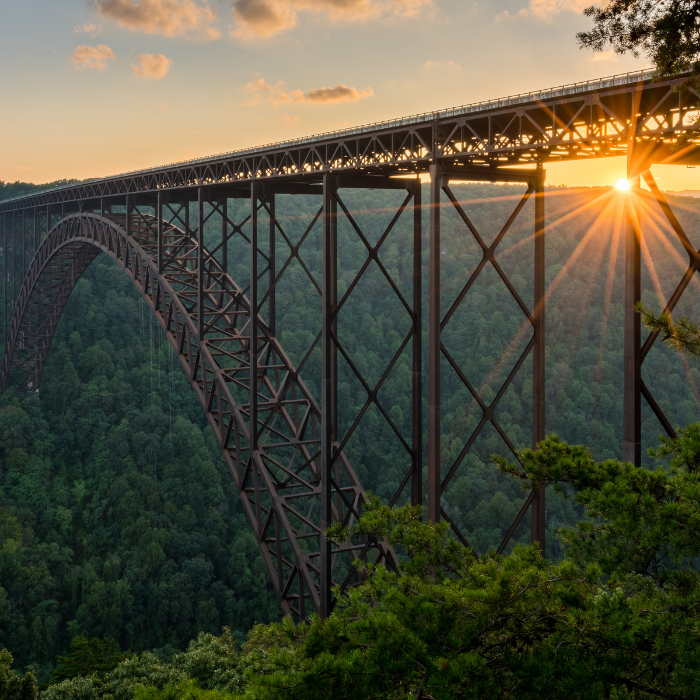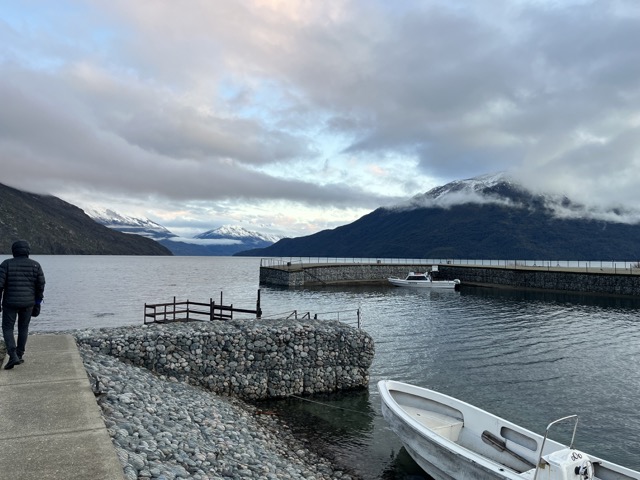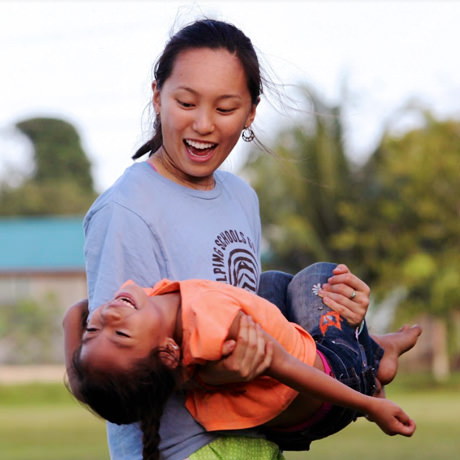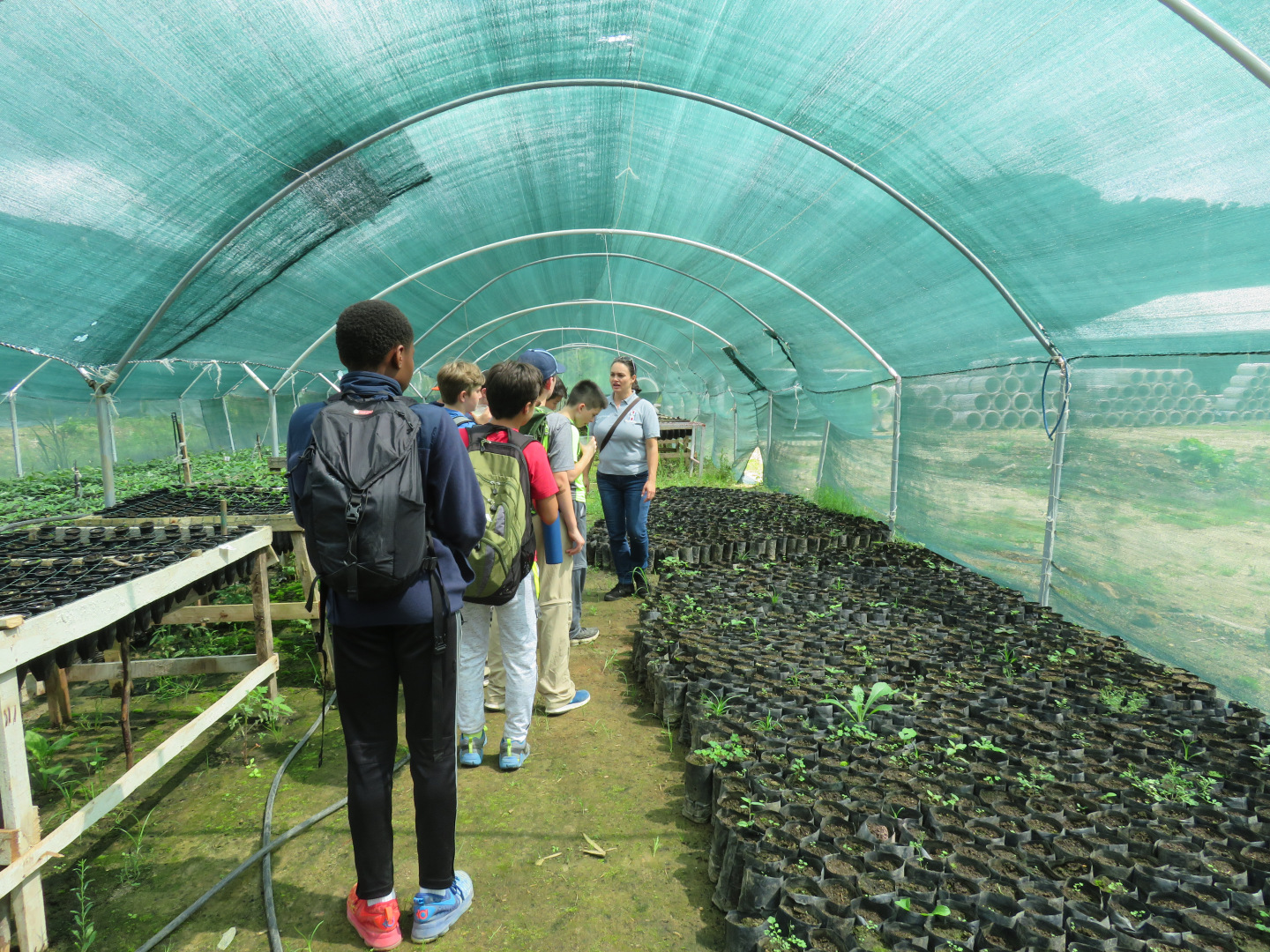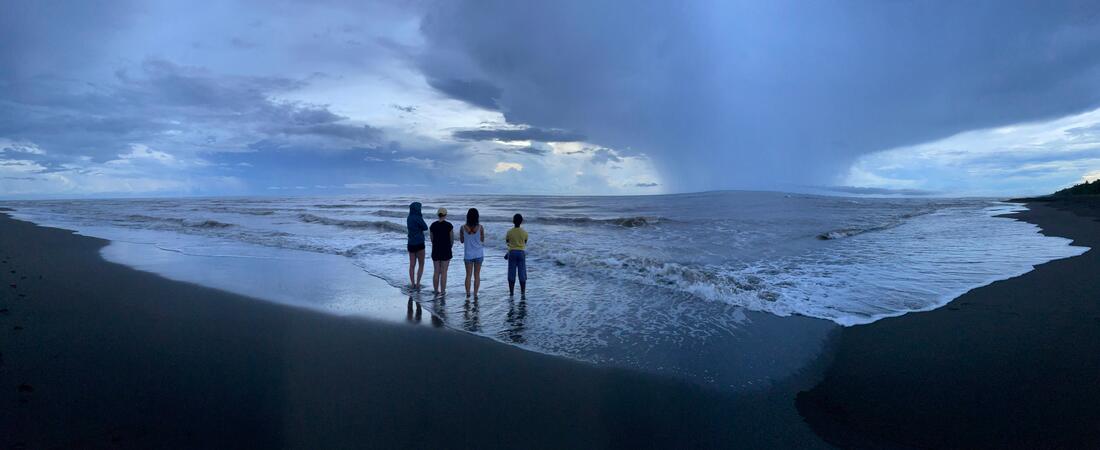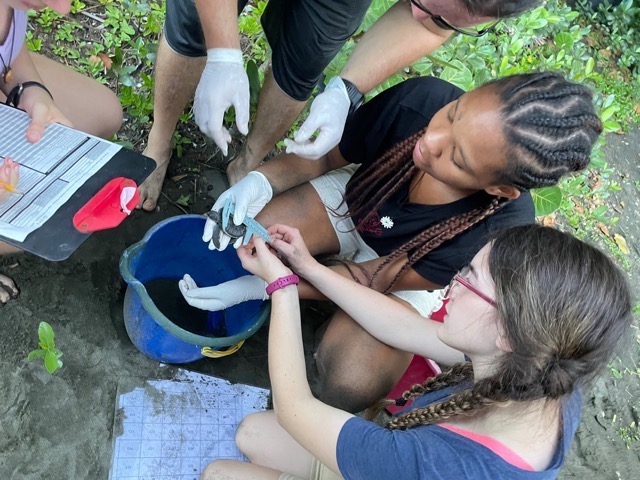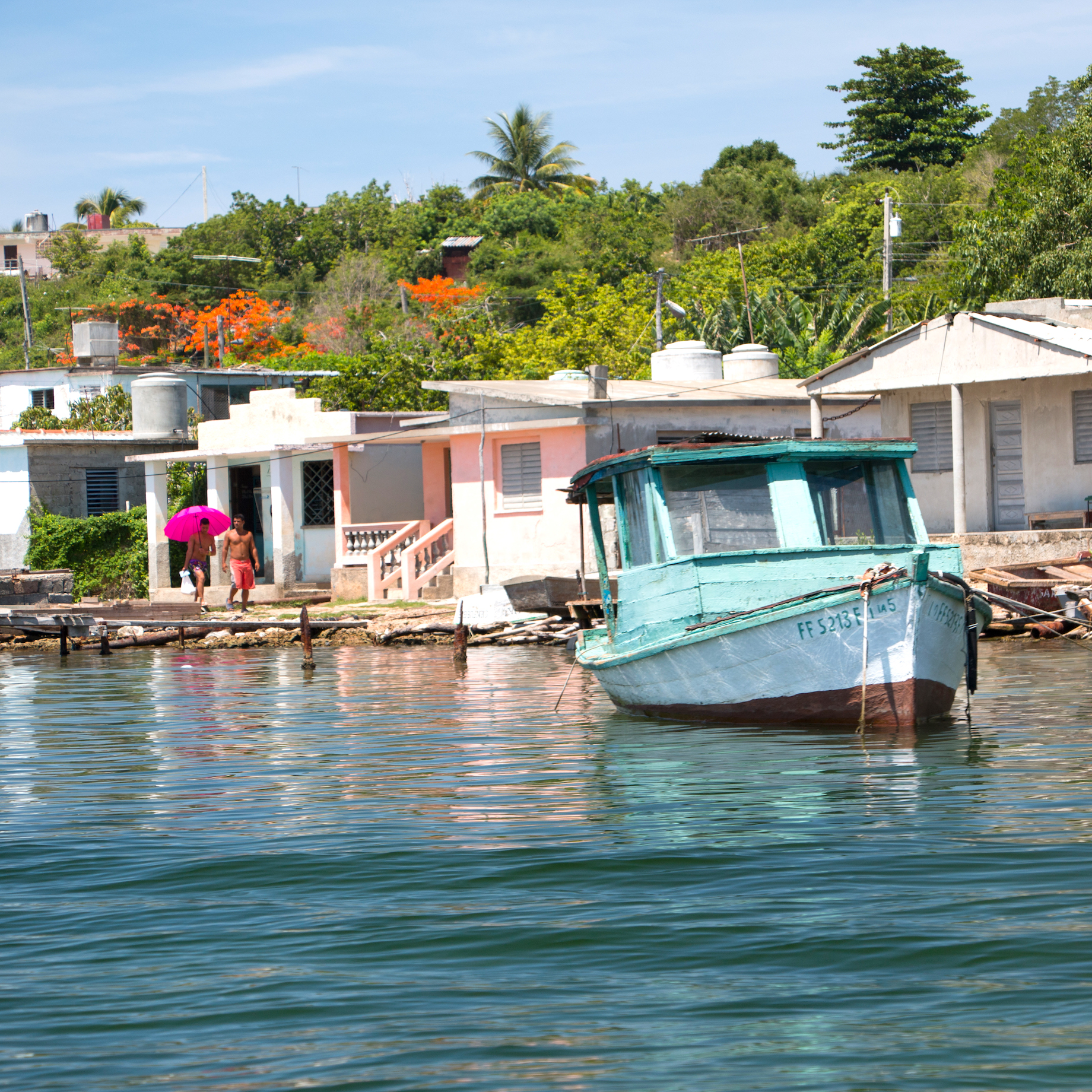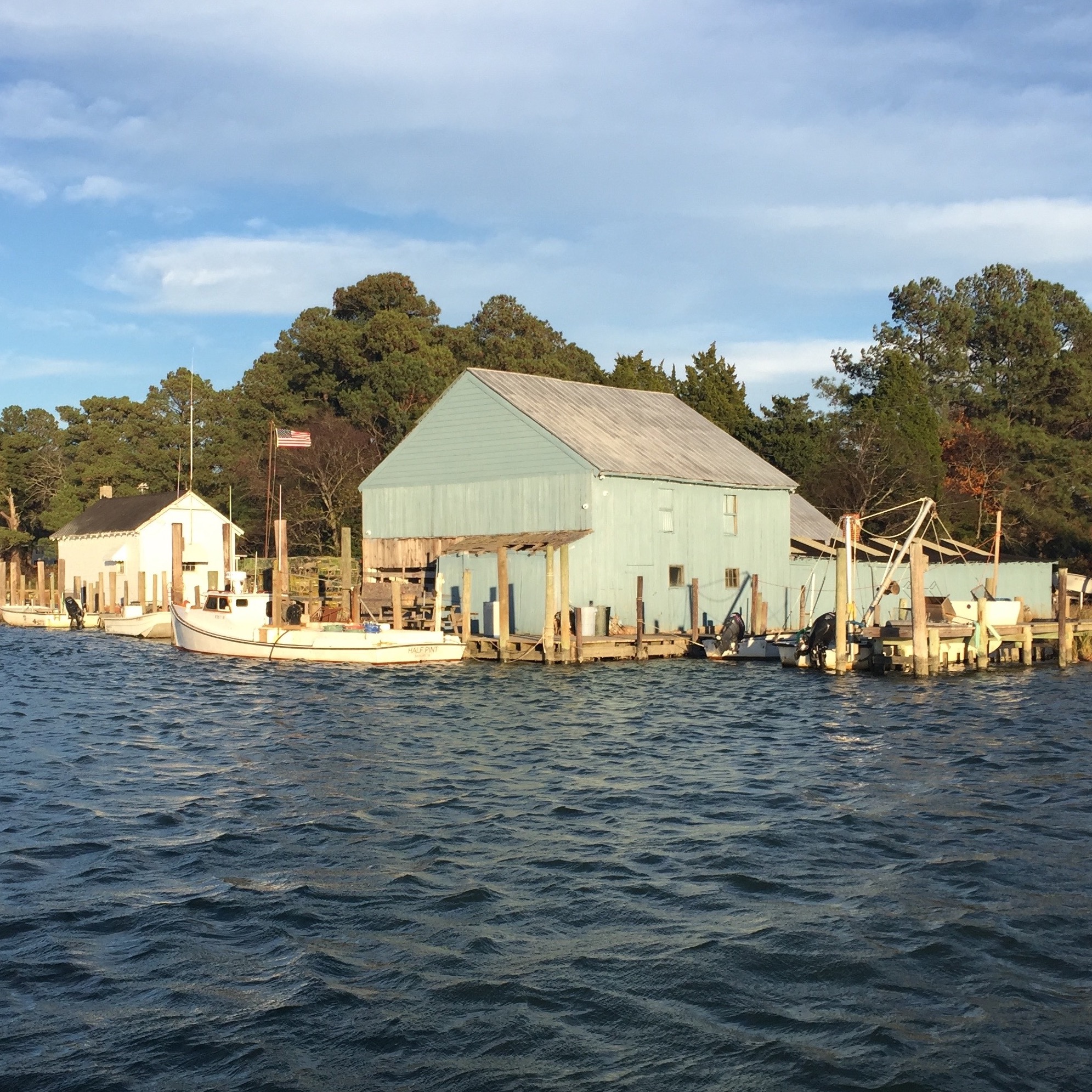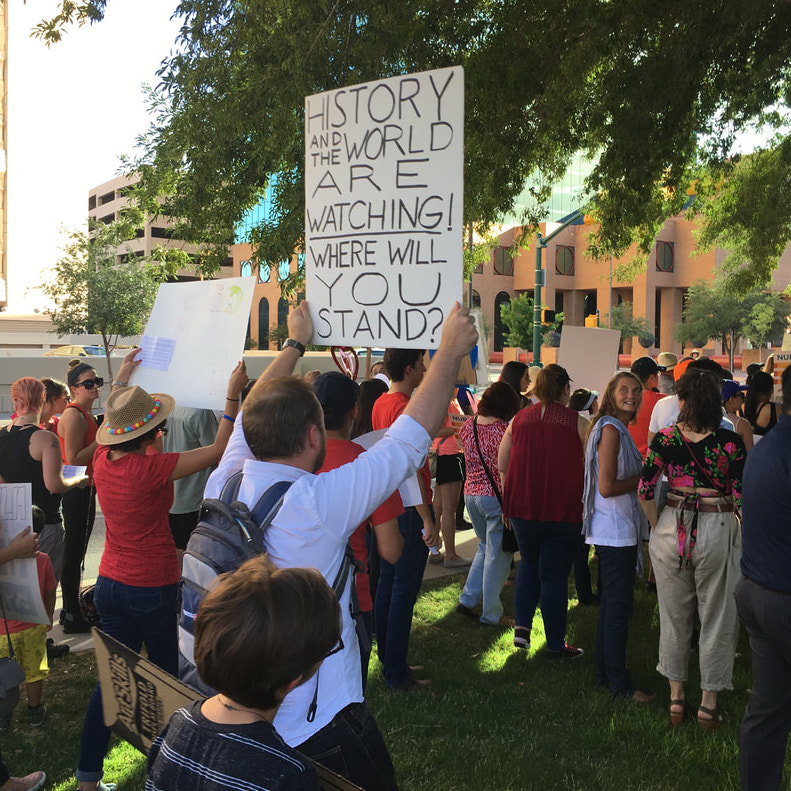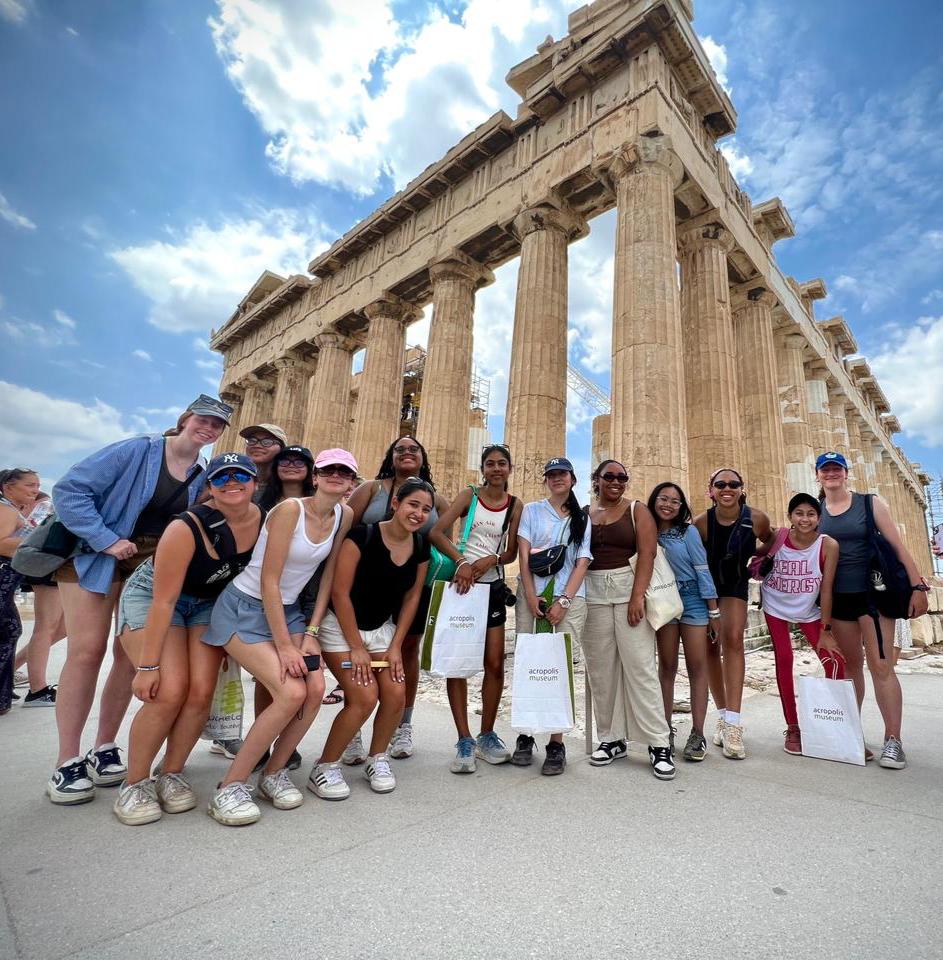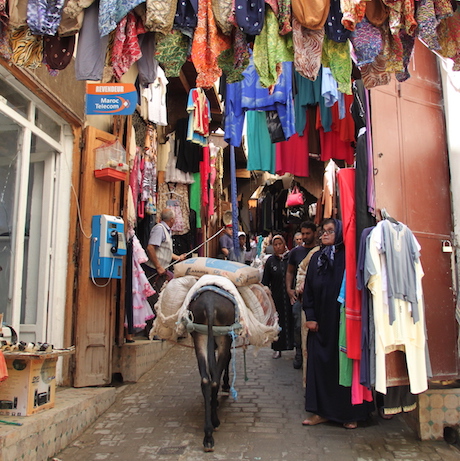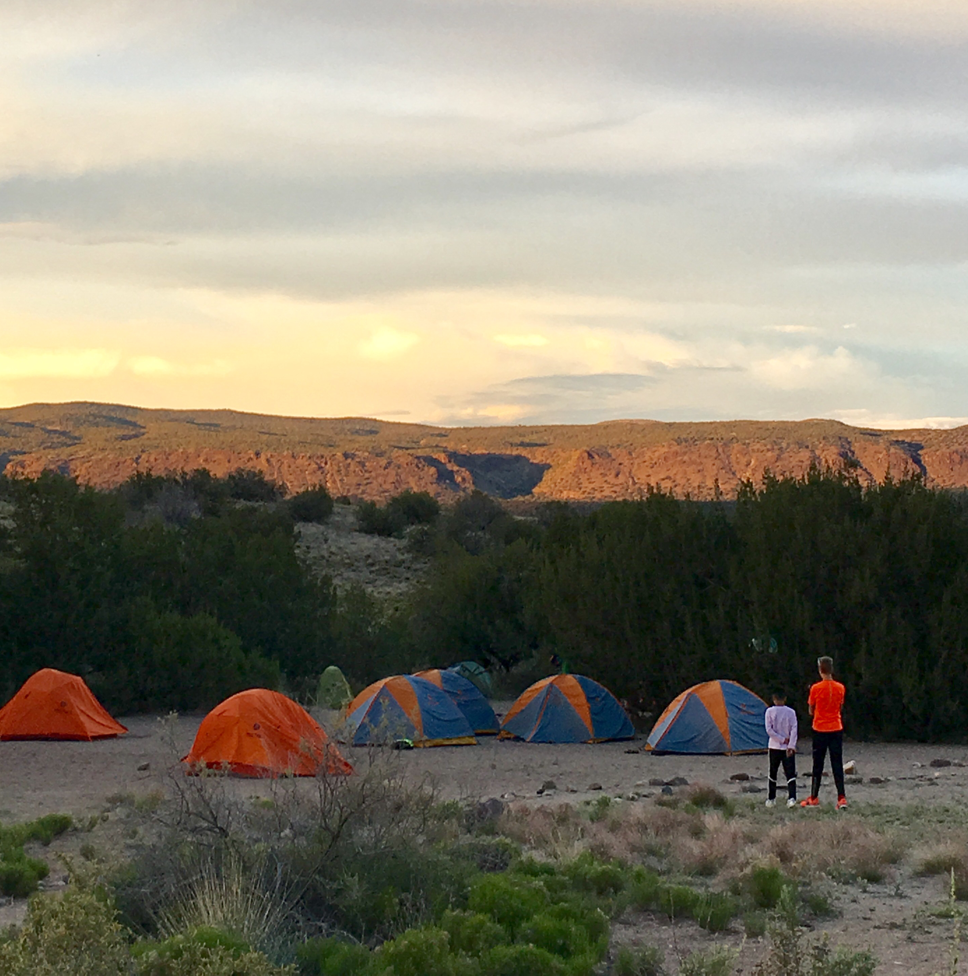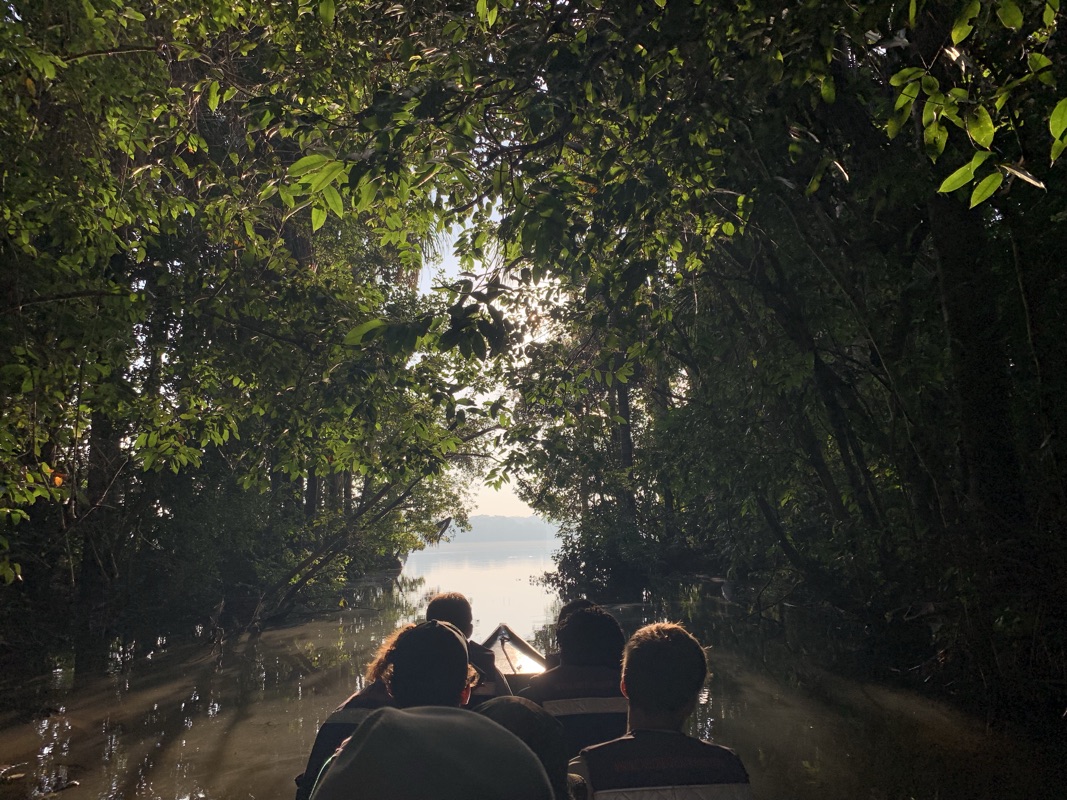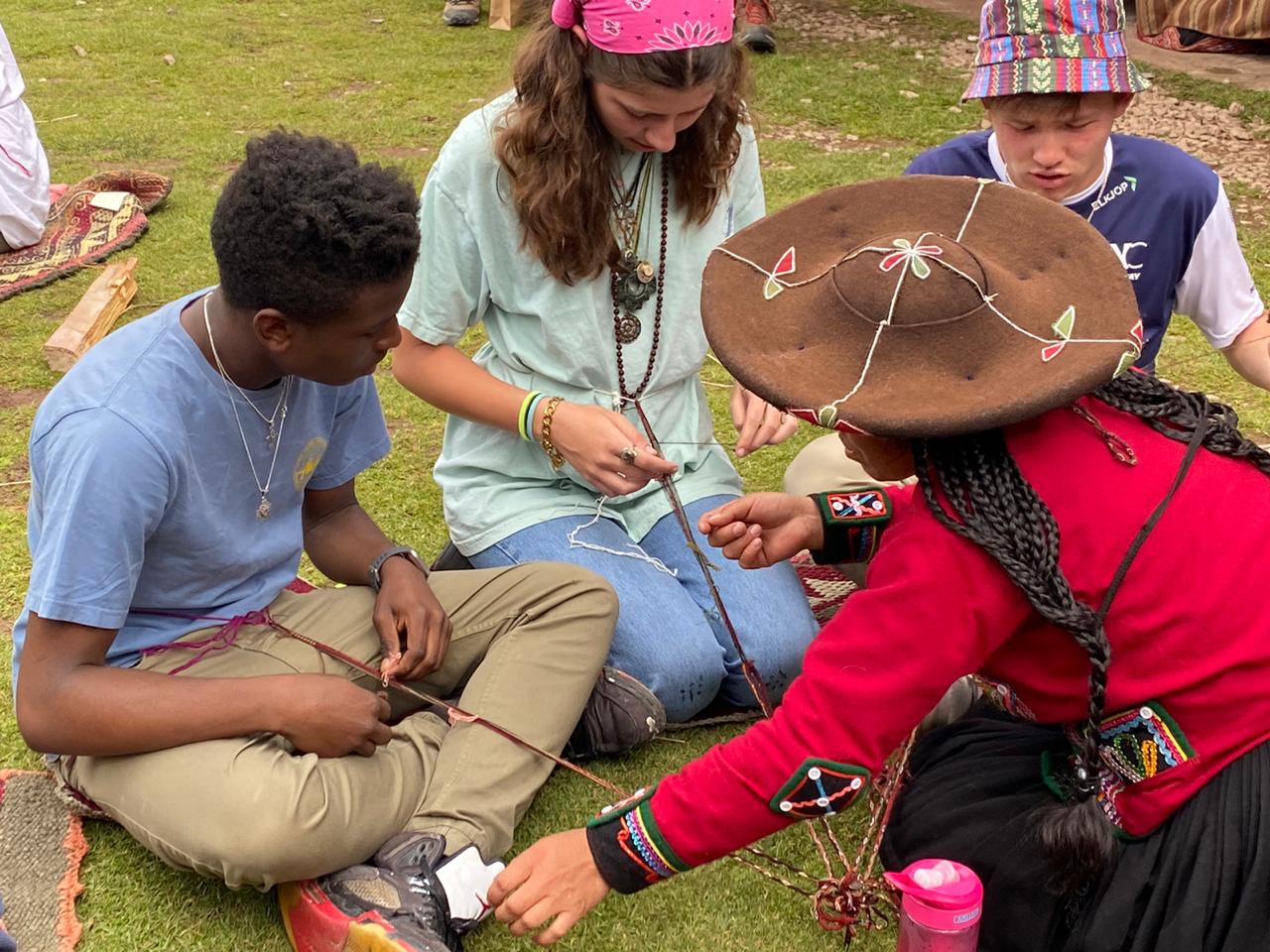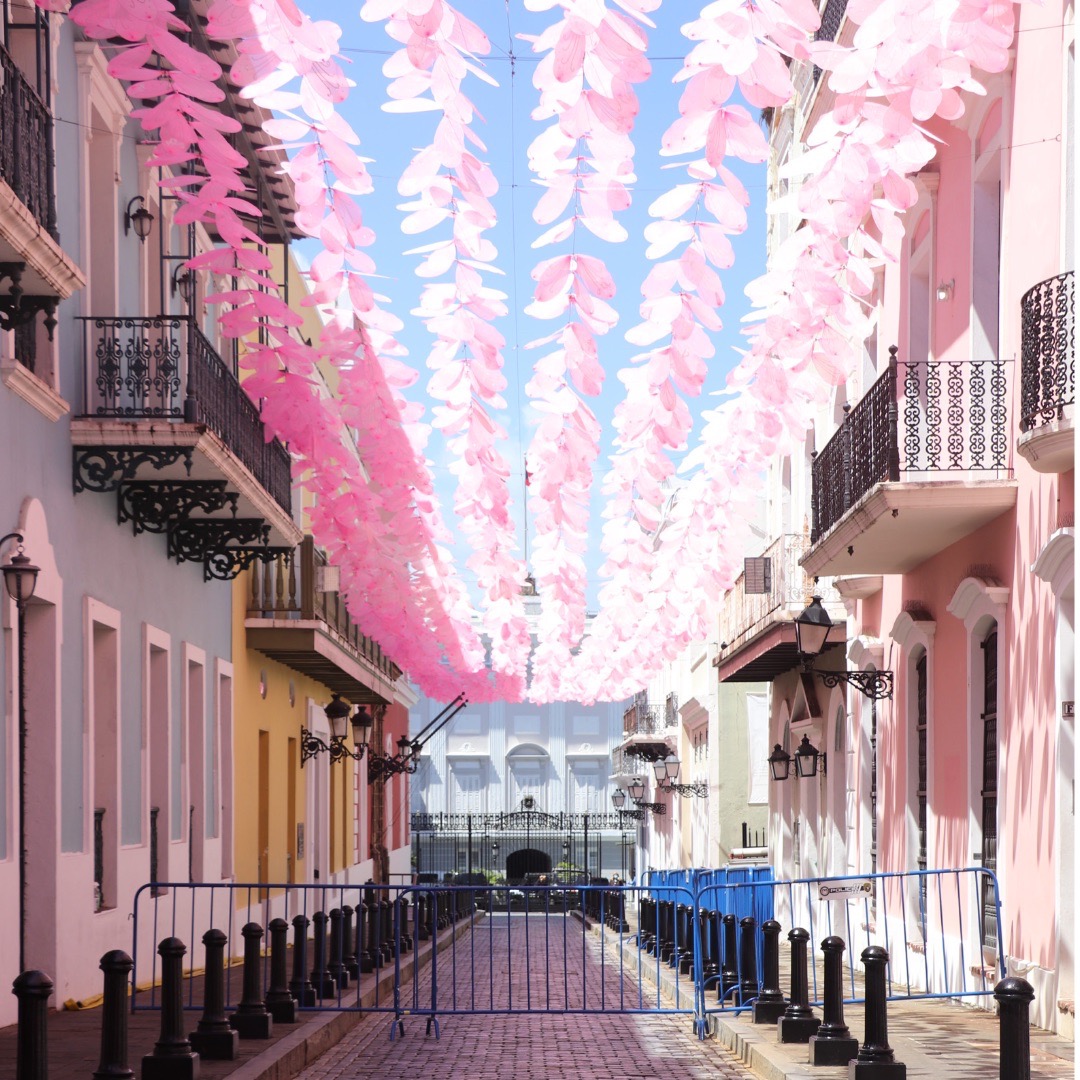Washington, D.C.
In our inquiry-based approach, small student teams explore Washington, DC through the lens of a single driving question. We design these project-based experiences to address Asia Society’s four domains of global competence: investigate the world, recognize perspectives, take action, and communicate ideas. We engage students through voice and choice, integrate with core learning targets, and foster global skills. We want the experience to stick and spark action.
Students self-select into teams from a menu of driving questions, determined ahead of time by the school. Each team consists of 15-20 students led by WLS facilitators and school faculty. The schedule for team time includes icebreakers, field trips, reflection, and group work. The full group comes together for breakfast, dinner, and evening experiences. Teams take a different route through DC based on their question, but all students see a bucket list of must-see locations determined ahead of time by the school.
Once back at school, students have time to synthesize their learning as they finish project work. This work leads to a Celebration of Learning when groups share their experiences with each other in a reflective, purposeful way. We provide a rubric for these celebrations that emphasize local action and integrate parent and community member input.
Understanding the past, present, and future of Washington, DC has never been more important for the rising generation of young leaders. Washington, DC Immersions are designed to engage students in an active student-driven exploration of our nation’s capital. We avoid the pitfalls of traditional DC tours, which include a “mile wide, inch deep” approach, little integration with classroom learning, and lots of time spent listening to guides.
The Eastern Shore of Virginia and Maryland is a living classroom less than two hours from Washington, D.C. that allows us to see how today’s political debates impact nearby communities and ecosystems. Our partnerships on the Eastern Shore focus on the intersection between social justice and environmental sustainability in Cambridge, Maryland. Each community deals with its past in a different way. Some choose to ignore it, and some, like Cambridge, Maryland choose to confront it.
Cambridge’s Bucktown General Store is where Harriet Tubman was famously hit as a child by a weight thrown by her enslaver. Nearby are the marshes that once provided cover for Tubman and her passengers on the Underground Railroad. During the height of the Civil Rights movement in the 1960s, Cambridge emerged as an important flashpoint. Homegrown civil rights leader Gloria Richardson was the first woman to lead prolonged civil rights protests outside of the Deep South. After months of protests, and meetings with Attorney General Robert Kennedy, she successfully integrated restaurants, movie theaters, and other services in Cambridge. Today, Cambridge continues to be a microcosm of a racial divide between black, brown, and white peoples along the Eastern Shore.
Cambridge also offers a lens into another existential threat to residents of the Eastern Shore: climate change. Rising sea levels and warmer water temperatures are transforming Tubman’s marshes and impacting the small waterman communities that were once the backbone of the local economy. Through partnerships with the University of Maryland’s Horn Point Laboratory and the Chesapeake Bay Environmental Center in Centreville, students explore the impact of climate change on the Eastern Shore’s fisheries of oysters, clams, and crabs.
While programs in Cambridge are the easiest to access from Washington, DC, we can customize excursions anywhere on the Eastern Shore utilizing partnerships with non-profit organizations and local leaders from Virginia to Maryland.
The safety of our programs rests on the experience and skills of our Staff, Country Coordinators and Instructors, who convene at our annual training in Colorado’s Arkansas Valley.
- The Staff of World Leadership School have decades of experience working in different educational environments. Their focus is logistics, risk management, program design, professional development, and consulting.
- Our Country Coordinators live and work year round in our overseas countries. They screen our homestay families, evaluate our transport and other service providers, and provide ground support for our groups.
- Our Instructors are veteran educators with extensive international experience. They have wilderness first responder training and often have past affiliations with Peace Corps, Outward Bound, NOLS, and/or independent schools.
We strive to responsibly manage risks. Our itineraries minimize highway travel and maximize immersion in communities that we know well. We update our risk management protocols, integrate feedback into program design, and invest in safety and communication equipment. Despite these efforts, World Leadership School cannot guarantee safety nor can it eliminate the inherent and other risks of international student travel. For information regarding program activities and associated risks, risk management, and student and parent responsibilities, please contact our office.


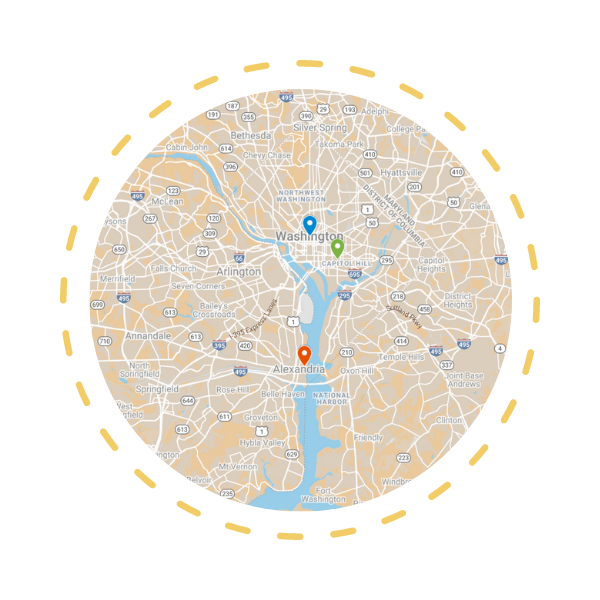
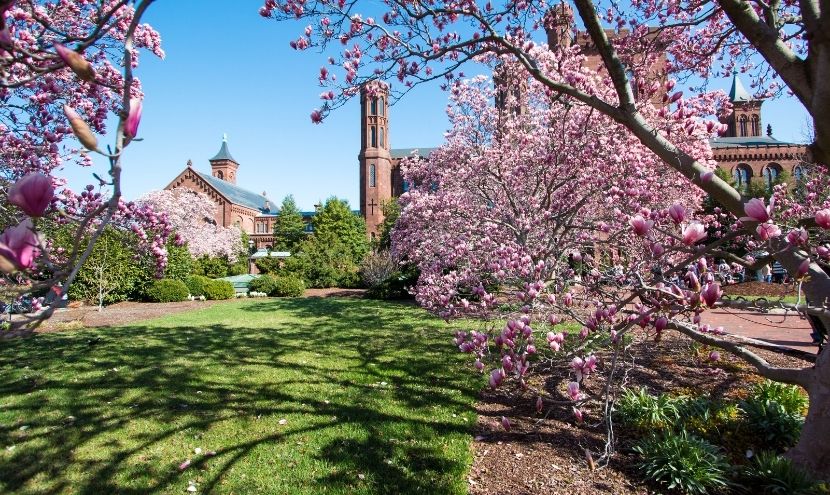
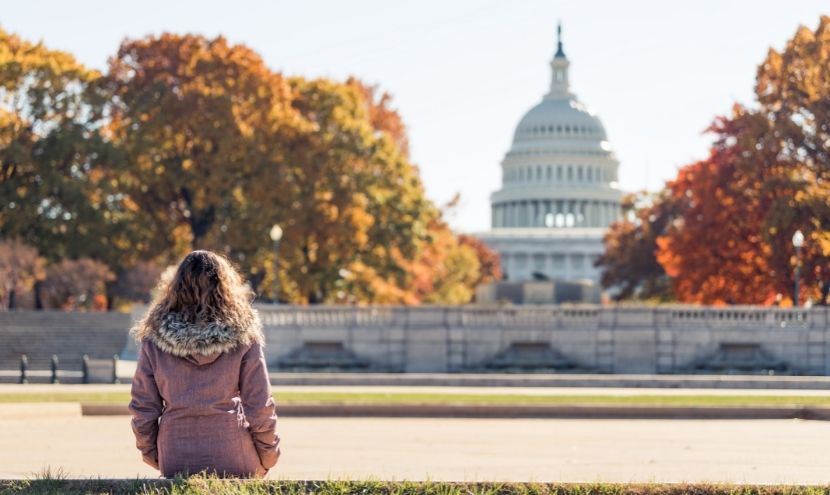
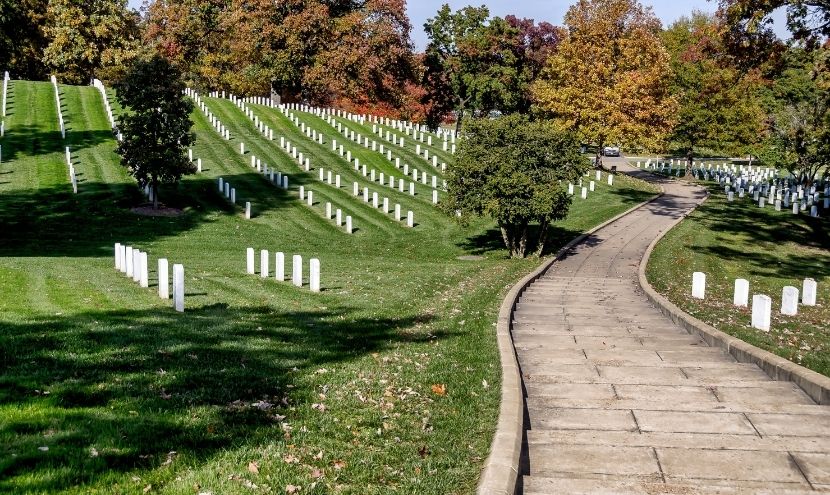
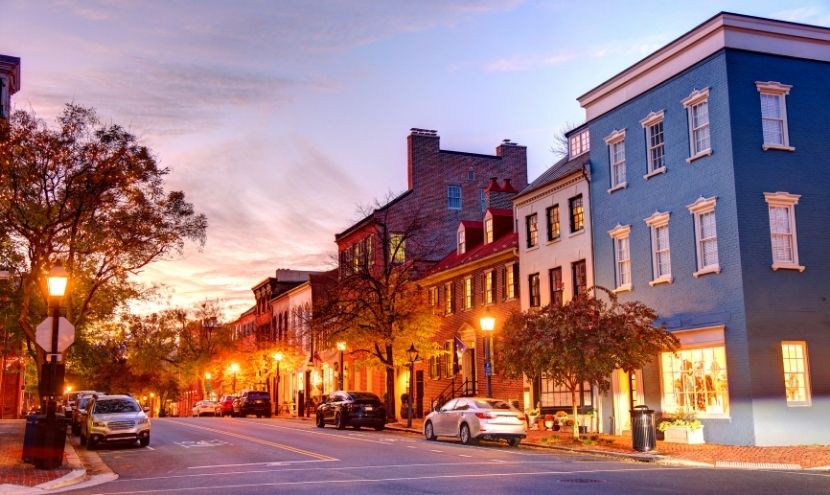
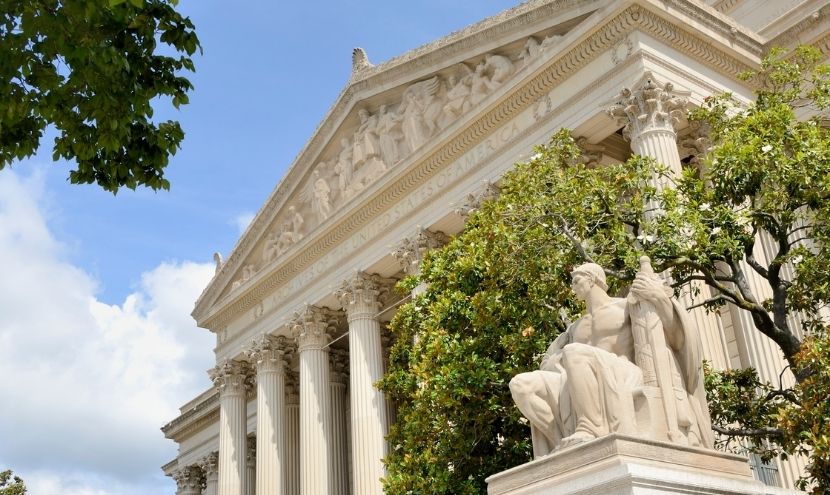
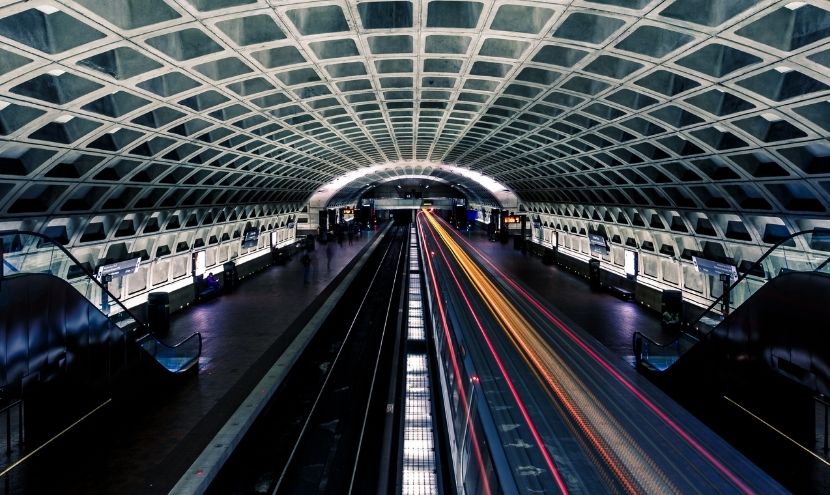

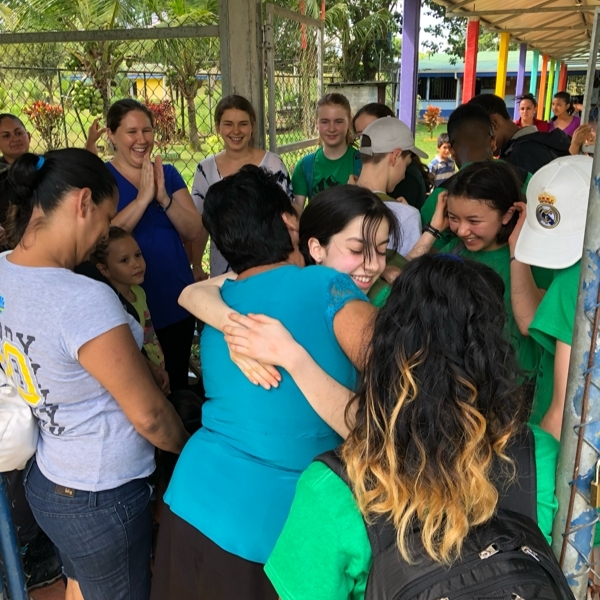
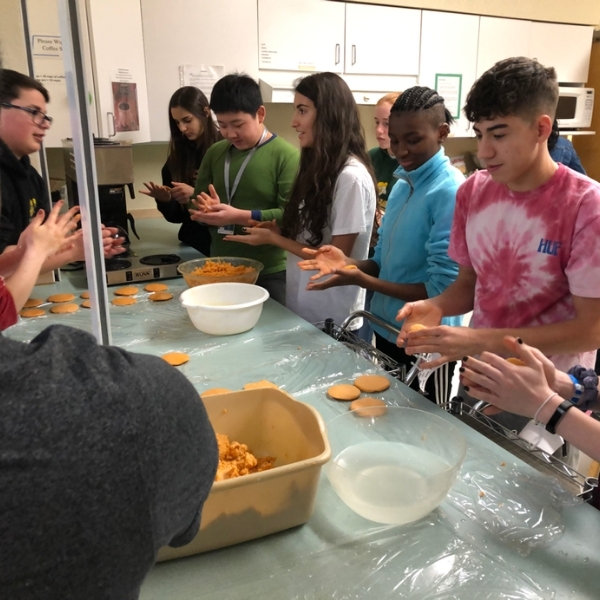
 Explore WLS
Student travel locations
Explore WLS
Student travel locations
